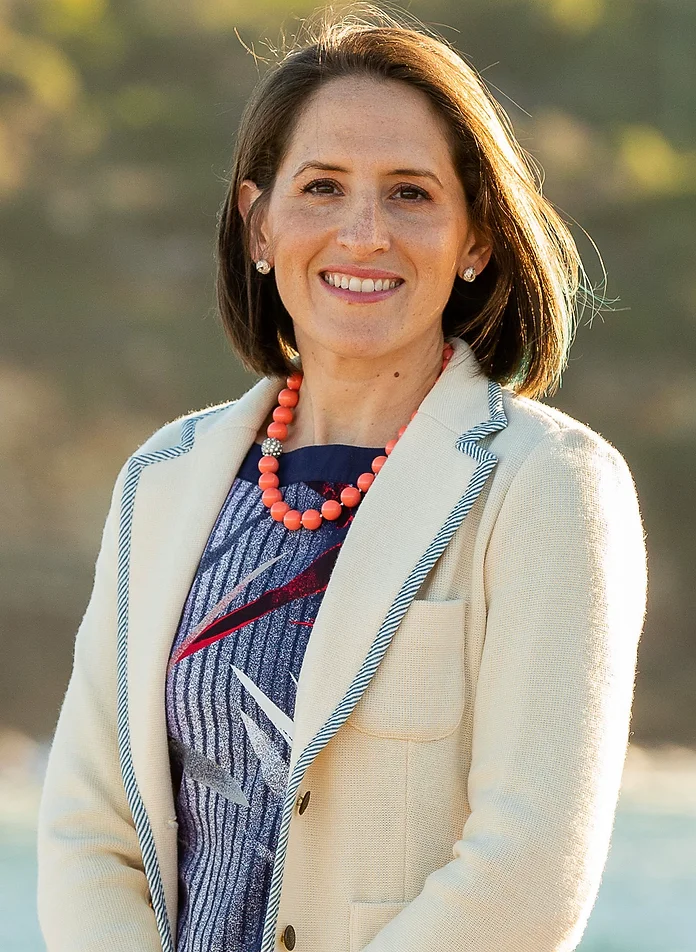Experts
Oriana Skylar Mastro

Nonresident Scholar, Asia Program
About
Oriana Skylar Mastro is a nonresident scholar at the Carnegie Endowment for International Peace where her research focuses on Chinese military and security policy, Asia-Pacific security issues, war termination, and coercive diplomacy. She is also a center fellow at the Freeman Spogli Institute for International Studies and courtesy assistant professor of political science at Stanford University.
A member of the Council on Foreign Relations, Dr. Mastro has been called upon to testify on Chinese security and military issues nine times for Congressional commissions and committees. Her work has been published widely from Foreign Affairs, the Economist, the Washington Quarterly, the New York Times, and the Wall Street Journal to academic journals such as International Security, Security Studies, and the Journal of Strategic Studies. Her most recent book, Upstart: How China Became a Great Power (Oxford University Press, 2024), evaluates China’s approach to competition. Her book, The Costs of Conversation: Obstacles to Peace Talks in Wartime, (Cornell University Press, 2019), won the 2020 American Political Science Association International Security Section Best Book by an Untenured Faculty Member. She is currently writing a book on the drivers and evolution of the Sino-Russian military relationship.
In addition to her policy and academic research, Mastro continues to serve in the United States Air Force Reserve. Over the past fifteen years she has worked on strategy at the Pentagon, Pacific Air Forces, and Indo-Pacific Command. She is currently assigned to the Pentagon as deputy director of reserve China global strategy. For her contributions to U.S. strategy in Asia, she won the Individual Reservist of the Year Award in 2016 (CGO) and 2022 (FGO).
She holds a B.A. in East Asian Studies from Stanford University and an M.A. and Ph.D. in Politics from Princeton University. Her publications and other commentary can be found at www.orianaskylarmastro.com and on twitter @osmastro.